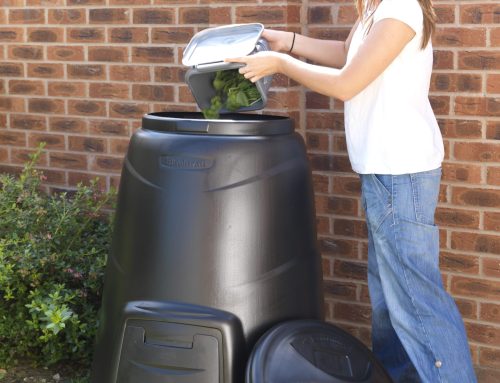Suffolk Constabulary’s first fully-marked, electric police vehicle has been purchased following positive results of the trial of a BMW i3 in July.
Joint Transport Services has now purchased an i3 which is being moved across both Suffolk and Norfolk Constabularies and spending one month at each station for evaluation.
As well as BMWs, the constabularies have also tested the Nissan Leaf, Renault ZOE, Nissan e-NV200, Peugeot 208e and Vauxhall Corsa-e.
A decision on which makes and models of vehicles will be bought is to be made through a competitive approach to market.
The constabularies’ estate is also being evaluated for electric vehicle charging capacity.
The introduction of electric vehicles will be phased. The first phase will cover the unmarked vehicle fleet, such as pool cars and CID.
Phase 2 will consider operational vehicles such as those allocated to Safer Neighbourhood Teams (SNT). It is anticipated a small number of phase 1 electric vehicles will be introduced as early as March this year.
Head of Joint Transport Services Mark Davy said:
“This is an exciting time for Suffolk and Norfolk Constabularies. With electric vehicle technology moving at pace we need to ensure that we embrace change where clear service delivery and cost benefits can be demonstrated.”
Last year Joint Transport Services worked with Op Evolve, a group set up to develop opportunities created as a consequence of COVID-19, to draw up a business case to consider further phase 1 vehicles and providing electric vehicles for phase 2 to Norfolk and Suffolk.
This business case is now being progressed by Joint Transport Services. The constabularies are also working with Essex and Kent Police as part of this project.
Mark Davy added:
“With increased battery range and increased options for vehicle charging, now is the time to start introducing electric vehicles.
“Clearly, the business case will need to demonstrate benefits before phase 1 is fully implemented and phase 2 considered. Some forces have already introduced electric vehicles to their fleet with great success.”
A fully marked BMW i3 was tested over two weeks in July by police officers from South West SNT at Landmark House in Ipswich.
Participants scored the vehicle’s performance and usability. The results were positive with the car described as ‘quick off the mark’ and ‘very good for town-driving’.
The i3 scored highly across all aspects related to vehicle performance. In particular, the rapid acceleration and lack of engine noise were considered to be beneficial for operational policing with several officers commenting on the benefits of a silent approach.
Officers were also impressed with the i3’s range (160 miles) and regenerative braking system. This system self-charges the battery when the vehicle is decelerating. One officer commented that they drove 30 miles around town ‘using almost no power’.
Officers participating in the trial considered electric vehicles ideal for SNT but requiring further assessment of suitability for Neighbourhood Response Teams (NRT) due to operational requirements and the 24/7 nature of response work.
Suffolk Constabulary also investigated wider attitudes to low emissions vehicles through a series of focus groups across the county. Participation was described as ‘fantastic’, while the results of the focus groups will be made available.
Transport Service’s vision is for a wider programme of transition towards low emissions vehicles with a number of unmarked electric and hybrid vehicles expected to be integrated into the fleet over the coming years.
Tim Passmore, Suffolk’s Police and Crime Commissioner said: “Ensuring we protect our scarce natural resources is something I am personally very serious about and I am committed to ensuring the constabulary considers the full environmental impact of the decisions made.
“I fully support the constabulary’s plans to introduce electric vehicles, and am reassured they are doing everything feasible to mitigate the force’s environmental impact and to reduce waste.
“Every one of us has a responsibility to take the green agenda seriously, we need to look after our environment to ensure we leave a planet that is both healthy and habitable for future generations.”






